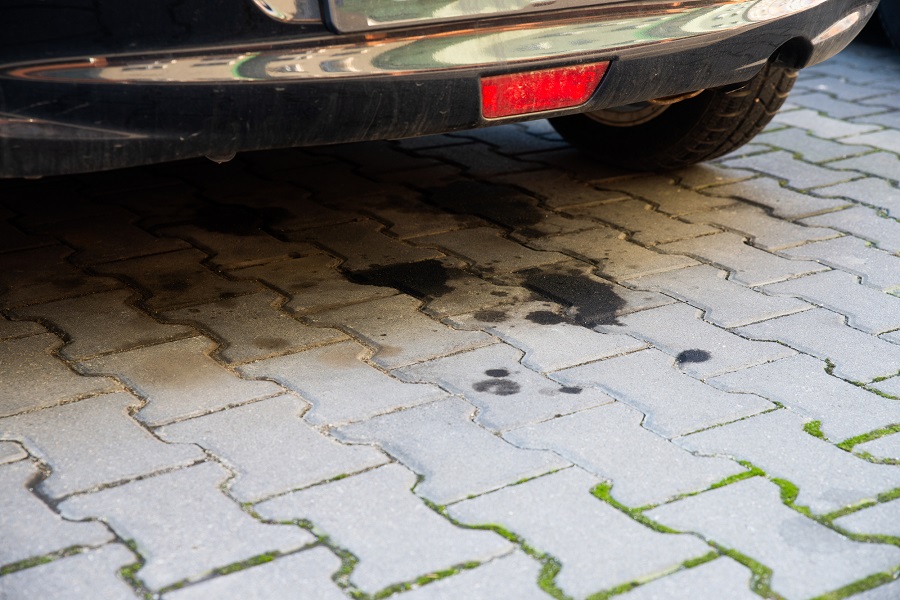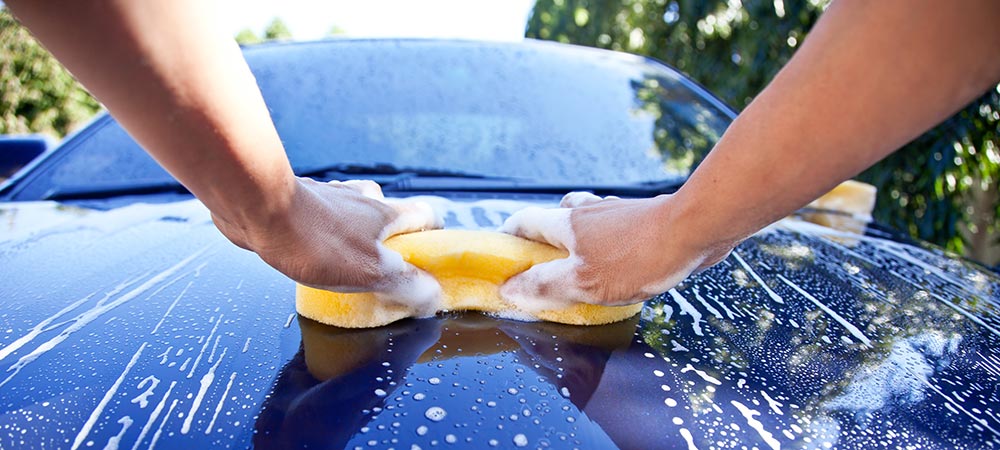Imagine you walk out to your car and find a pool of dark, viscous liquid on the ground beneath it. Your heart skips a beat, and you immediately wonder, “Why is my car leaking oil?” Don’t panic just yet. Oil leaks are a common issue faced by many car owners, but understanding their causes and taking appropriate action can help you resolve the problem. In this article, we’ll delve into the reasons behind oil leaks, how to identify them, and steps to address the issue.
Understanding the Importance of Engine Oil
Before we explore the reasons behind oil leaks, let’s first understand why engine oil is crucial for your vehicle. The engine consists of several moving parts that operate at high speeds and temperatures. Without adequate lubrication, these components can grind against each other, leading to excessive friction and damage. Engine oil provides the necessary lubrication, reducing friction and heat while ensuring optimal performance and longevity. It’s also important to note that regular maintenance can prevent various issues, including the need to fix an exhaust leak.

Common Causes of Oil Leaks in Cars
Several factors can contribute to oil leaks in your car. Let’s discuss some of the most common causes:
Worn Gaskets and Seals
Over time, the gaskets and seals in your car’s engine can deteriorate due to heat and regular wear and tear. This can lead to oil leaks as the seals lose their ability to create a tight seal, allowing oil to escape.
Faulty Oil Filter
The oil filter in your car helps remove impurities and debris from the oil, ensuring a clean supply reaches the engine. If the oil filter is defective or becomes clogged, it can lead to a buildup of pressure, causing leaks in the filter housing or other engine components.
Damaged Oil Pan
The oil pan is located at the bottom of the engine and holds the engine oil. It is exposed to the road and can be vulnerable to damage from road debris, speed bumps, or collisions. A damaged oil pan can result in oil leaks.
Leaking Valve Cover
The valve cover sits on top of the engine and houses the valves and rocker arms. It is sealed with a gasket to prevent oil from leaking out. However, over time, the gasket can deteriorate or the valve cover itself can become damaged, leading to oil leaks.
Cracked Engine Block
While relatively rare, a cracked engine block can be a serious cause of oil leaks. This typically occurs due to extreme temperature changes, improper maintenance, or engine overheating. A cracked engine block can allow oil to seep out, resulting in noticeable leaks.
Identifying an Oil Leak
Now that we have discussed the common causes of oil leaks. Let’s explore how to identify them:
Visual Inspection
Perform a visual inspection of your engine and look for any signs of oil around the engine components. Check for oil stains, wet spots, or pools of oil on the ground beneath your car. This can give you a clear indication of an oil leak.
Checking for Oil Stains
Inspect the underside of your car and look for oil stains or residue. You may notice dark or brownish stains on the pavement where you park your car. These stains can provide clues about the location and severity of the oil leak.
Monitoring Oil Levels
Regularly monitor your car’s oil levels using the dipstick. If you consistently notice a significant decrease in oil levels between oil changes, it could indicate an oil leak.
Potential Consequences of Ignoring an Oil Leak
Ignoring an oil leak can have severe consequences for your car’s engine and overall performance. Here are some potential risks:
- Engine Damage: Insufficient lubrication due to an oil leak can lead to increased friction, overheating, and accelerated wear and tear on engine components. This can result in engine damage, reduced performance, and even complete engine failure.
- Increased Repair Costs: Delaying repairs for an oil leak can lead to further damage and more extensive repairs. It’s important to address the issue promptly to avoid costly repairs down the line.
- Environmental Impact: Oil leaks can contaminate the environment. Oil that seeps into the ground or reaches water bodies can have detrimental effects on ecosystems and wildlife.
Steps to Address an Oil Leak
If you discover an oil leak in your car, it’s crucial to take appropriate action. Here are the steps to follow:
Visiting a Mechanic
If you are not experienced in automotive repairs, it is best to take your car to a qualified mechanic. They have the expertise and tools to accurately diagnose and fix the issue.
Repairing or Replacing Faulty Components
Once the mechanic identifies the source of the oil leak, they will determine whether a repair or replacement is necessary. This may involve fixing or replacing worn gaskets, seals, the oil pan, valve cover, or other damaged components.
Regular Maintenance
To prevent future oil leaks, it’s essential to follow a regular maintenance schedule. This includes regular oil changes using the manufacturer-recommended oil and filter, as well as routine inspections to identify any potential issues before they worsen.
Preventive Measures to Avoid Oil Leaks
While some oil leaks can be unavoidable, following these preventive measures can help minimize the chances:
Regular Oil Changes
Ensure you adhere to the recommended oil change intervals specified by your car’s manufacturer. Fresh oil helps maintain proper lubrication and reduces the likelihood of leaks.
Proper Installation of Components
During repairs or maintenance, ensure that all gaskets, seals, and components are installed correctly. Proper installation can prevent oil leaks caused by loose or improperly fitted parts.
Monitoring Oil Levels and Pressure
Regularly check your car’s oil levels using the dipstick and monitor the oil pressure gauge if your car has one. Low oil levels or abnormal pressure readings can indicate a potential leak or other engine issues.
Routine Inspections
Regularly inspect your engine for any signs of leaks, such as oil stains or wet spots. Additionally, pay attention to any unusual smells or smoke coming from your engine, as these can also be indicators of an oil leak. Routine inspections can help you catch and address potential issues before they escalate.
Conclusion
Discovering an oil leak in your car can be concerning, but understanding the causes and taking appropriate action can help you resolve the issue. Worn gaskets and seals, faulty oil filters, damaged oil pans, leaking valve covers, and cracked engine blocks are common culprits behind oil leaks. By visually inspecting your engine, checking for oil stains, and monitoring oil levels, you can identify and address oil leaks promptly.




